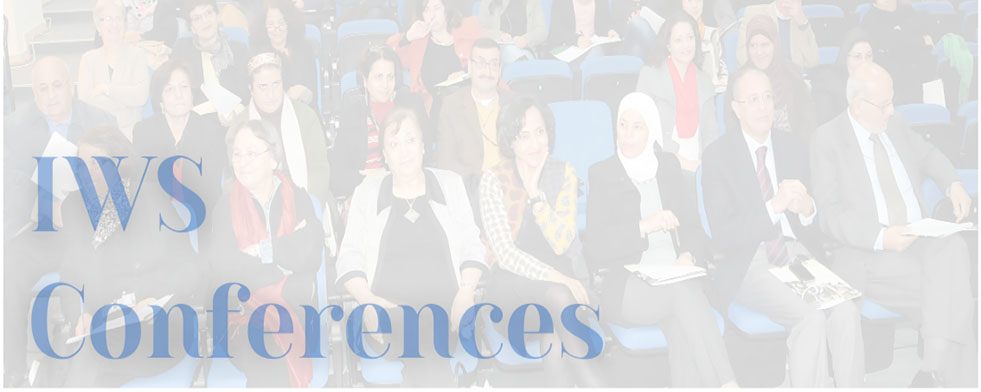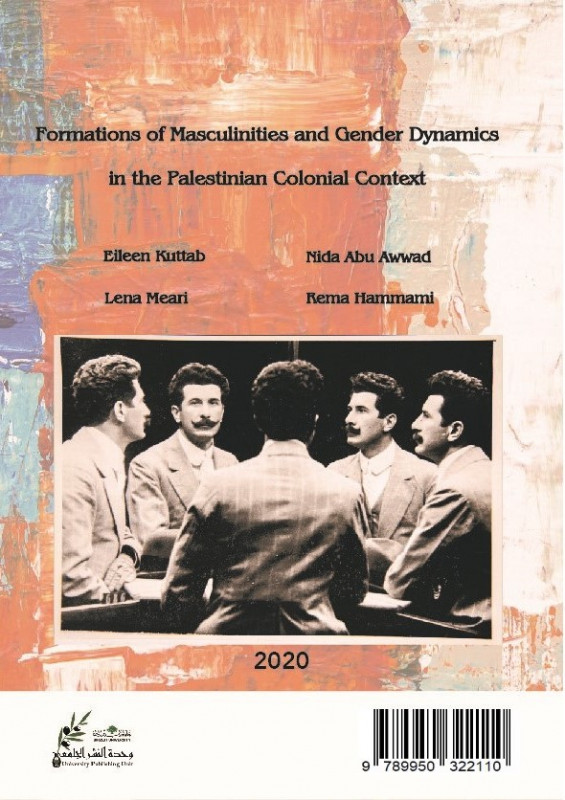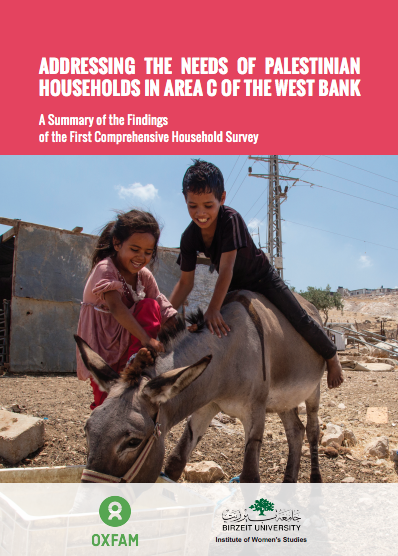Transformation in Agricultural Modes of Production and its Effects on the Roles of Palestinian Rural Women: Araba as a Case Study pdf
Year: 2020
Author: Mohammad Ibrahim M.Shukri ٌRa'oof
Supervisor: Amira Silmi
Discussion Committee: Rema Hammami & Nidaa Abu Awwad
Abstract
This thesis is a contribution to studying the impacts of transformations in the agricultural modes of production on Palestinian rural women. It takes as its theoretical point of departure the special relation between rural women and natural resources, and thus proposes that women are more affected by the changes in the modes of agricultural production, resulting from modernization processes as well as settler colonial policies targeting natural resources in Palestine.
The study investigates how rural women experience these changes. It takes Araba in the northern West Bank as a case study, and relies on in-depth interviews allowing for women’s own voices and emphasizing the importance of the knowledge that women involved in agricultural work have. It also seeks to demonstrate how they conceive of and analyze these transformations and their impacts on the agricultural sector in Palestine, on their communities and their own social and economic status, as well as how they have affected the sexual division of labor.
The thesis demonstrates the importance of rural women’s roles in agriculture, as well as the social and economic status they acquired through their contribution to agricultural work. The study also focuses on the specificity of the Palestinian context in comparison with other Third World experiences of a dependent economy. This specificity relates to the role of the Zionist settler colonialism in Palestine which aims through targeting the agricultural sector not only to dominate it but also to uproot Palestinians from their land by separating the Palestinian peasants from the land and transforming their mode of living and eliminating their indigenous skills and knowledges.
Moreover, the study shows through women’s experiences and perceptions of the reality of the agricultural sector in Palestine that the relations of domination and dependency in economic production was not mainly between different classes of Palestinian farmers, but rather result from the hierarchical relations of exploitation between Israeli and Palestinian farmers. The marginalization of women’s roles and its value in Palestinian production relations was not mainly due to patriarchy as much as to the economic and political conditions of the Palestinian rural sector, in addition to the role of modernization and consumerism in changing the prevailing conceptions of needs and necessities which contributed a great deal to the devaluation of women’s work in the present, compared to the value attributed to their work in the past.
The in-depth interviews with the women from Araba, have shown that the involvement of women in agricultural production, their participation in the production process of their community, confronting its economic and production problems allowed them to gain skills and a practical knowledge that contributed to their understanding of the factors and mechanisms that lead to the transformation in the agricultural mode of production and its impacts on them as women and on the Palestinian society as a whole. A knowledge that is not readily available to younger generations of women in the rural areas who are targeted by economic and social empowerment projects, nor is such a knowledge one to be acquired through increasing levels of formal education or through integration of women in the modern labor market, for the knowledge as well as the economic and social status that these women enjoyed came from their roles as active agents in their community and environment.
Download



